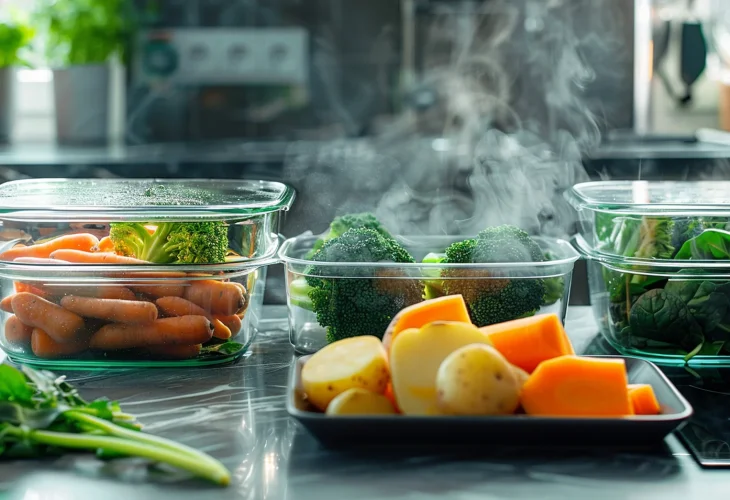Health and Nutrition
Best Cooking Methods to Preserve Nutrients in Vegetables
Learn which cooking techniques keep your vegetables' vitamins and antioxidants intact, and which methods to avoid for better nutrition

Cooked vegetables are an essential part of our daily diet, but the way we prepare them can have a significant impact on their nutritional value. A recent study reveals that not all cooking methods are created equal, and there’s one method that preserves the most vitamins and minerals in vegetables.
A study conducted by Shahjalal University in Bangladesh examined the effects of boiling, steaming, and microwave cooking on six common vegetables, including carrots, spinach, peppers, and green peas. The findings were clear: boiling caused the greatest loss of key nutrients, especially polyphenols and vitamin C. In contrast, steaming and microwaving were far better at preserving nutrients, with microwaving retaining the most vitamins and steaming best protecting vitamin A.
These results are not entirely new. Previous research has shown that microwaving food preserves antioxidants and flavonoids better than other methods. Boiling, on the other hand, tends to reduce nutritional value due to nutrients leaching into the water. One recommendation from these findings is to reuse cooking water in soups or sauces to retain the lost minerals.
The way vegetables are prepared also matters. For example, peeling vegetables before cooking can lead to a significant loss of nutrients — especially vitamin C and folic acid. It's recommended to cook vegetables such as potatoes and sweet potatoes with their skin on, and peel them only after cooking. Also, avoid reheating cooked vegetables, as this further reduces their nutritional quality.
Not all vegetables respond to cooking in the same way. Tomatoes, for instance, increase their antioxidant availability, such as lycopene, when cooked. Using a variety of cooking methods tailored to each vegetable type can help maximize the nutritional value of your meals.

